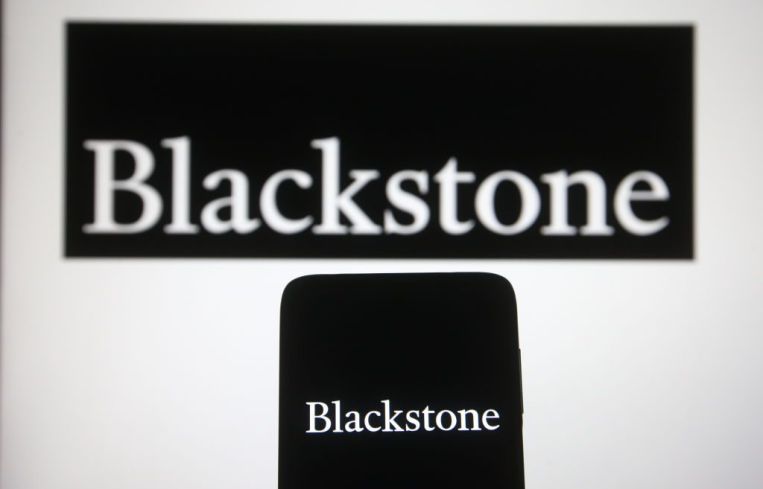Blackstone Defaults on $562M Bond on European Office Buildings
By Mark Hallum March 2, 2023 12:07 pm
reprints
Blackstone has defaulted on a $562 million bond backed by Finnish landlord Sponda Oy, which it acquired in 2018, something Blackstone said was exacerbated by Russia’s war against Ukraine.
The global investment firm has paid off nearly have of the debt on the bonds with about $300 million left over, according to a source.
Blackstone had sought an extension from holders of the notes to allow for time to liquidate assets in the Sponda Oy’s retail and office portfolio to pay back the debt — which Blackstone bought for $1.9 billion in 2018 — but with ongoing warfare disrupting market conditions and sales, bondholders voted against the investment firm’s bid for more time, Bloomberg first reported.
Loan servicer Mountstreet said the debt would be transferred to a special servicer with Blackstone holding out hope that the value of Sponda Oy’s retail and office assets will help them prevail.
“This debt relates to a small portion of the Sponda portfolio,” Blackstone said in a statement. “We are disappointed that the servicer has not advanced our proposal, which reflects our best efforts and we believe would deliver the best outcome for noteholders. We continue to have full confidence in the core Sponda portfolio and its management team, whose priority remains delivering high-quality retail and office assets.”
Sponda Oy’s portfolio includes about 3.6 million square feet of office and retail properties spread across Finland. But the war in Ukraine, along with the continued office fall-out from COVID disruptions, made it harder for Blackstone to pay back the debt on the properties.
Finland’s potential membership in NATO, which became more likely Thursday morning, has been considered a key deciding factor in how the conflict with Russia plays out, with the country’s proximity to St. Petersburg offering the alliance a tactical advantage in the event of widespread conflict.
Fitch downgraded the notes in early December, highlighting the “macroeconomic outlook.” The downgrade made it difficult to find lenders willing to help Blackstone refinance against “illiquid assets” with the maturity date on the debt quickly approaching in February.
The recent trend of short-term debt being used by Scandinavian investors has also had onlookers on edge considering its vulnerability to rising interest rates, something which has also been exacerbated by the war in Ukraine.
Blackstone’s stock saw a rapid 3 percentage point dip Thursday morning but quickly recovered some of the progress it has made since reaching a 52-week low of about $72 per share in the last days of December 2022.
Mark Hallum can be reached at mhallum@commercialobserver.com.



